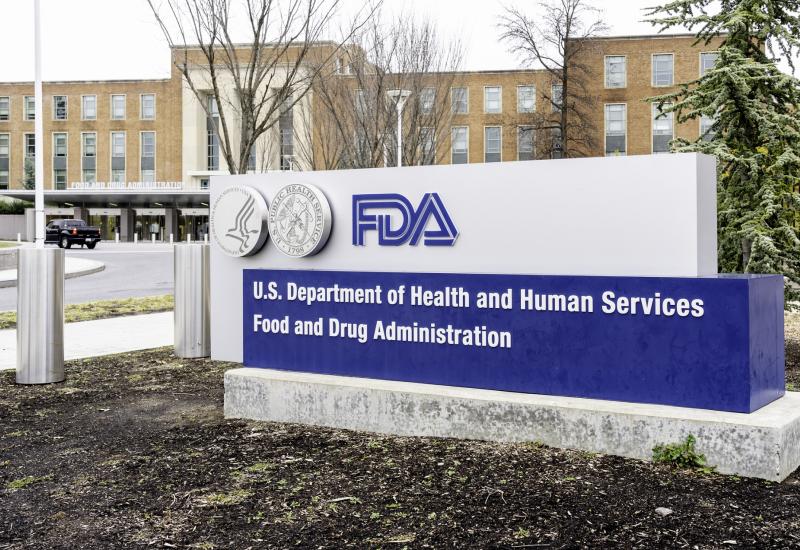
Ascentage’s Venclexta challenge looks wildly optimistic
A just revealed clinical trial listing shows Ascentage’s BCL-2 inhibitor being compared against an outdated standard of care.
A just revealed clinical trial listing shows Ascentage’s BCL-2 inhibitor being compared against an outdated standard of care.

Ascentage Pharma has signalled its plan to challenge AbbVie’s Venclexta with its own BCL-2 inhibitor lisaftoclax on a global basis, but so far its attempts here look wildly optimistic. The listing last week of the phase 3 Glora-2 study on clinicaltrials.gov reveals an unrealistic setting in which control arm patients won’t be offered a western standard of care.
Indeed, it’s not even clear whether Glora-2, in first-line CLL, will be a global study, as Ascentage had promised last October; the same goes for Glora, a separate phase 3 lisaftoclax trial in second-line CLL that began three months ago. Ascentage’s plan contrasts starkly with the bold approach taken by its BCL-2 inhibitor rival BeiGene.
It was BeiGene that in October took its own BCL-2 inhibitor, sonrotoclax, into its first phase 3 study, in front-line CLL as part of a combo with BeiGene’s BTK inhibitor Brukinsa. BTK inhibition is a western standard of care, as is Venclexta, and the control arm of BeiGene’s trial comprises a combination of Venclexta and Gazyva; as such BeiGene really has gone head-to-head against the AbbVie drug.
Not head-to-head
The same can’t be said of Ascentage, and it’s hard to see Ascentage’s Glora-2 trial of lisaftoclax as acceptable to western regulatory agencies.
This first-line CLL trial combines lisaftoclax with AstraZeneca’s BTK inhibitor Calquence, but compares this against Rituxan plus chemo on the primary basis of progression-free survival, according to the just revealed clinicaltrials.gov listing. This is despite that fact that Rituxan no longer represents a first-line CLL best therapy, except in a minority of patients.
Glora-2 is due to start next month, according to clinicaltrials.gov. Ascentage announced in October that the trial design had been cleared by China’s NMPA, but it’s said nothing about the FDA’s view. It seems doubtful that the FDA will give it its blessing, which it must if any US hospitals are to take part.
China and Russia hospitals
This shines a light on another aspect of Glora-2, namely whether it can indeed be called a “global registrational phase 3 study”, as Ascentage had described it in October. At present the study listing reveals only two hospitals, both in China, under Glora-2’s locations, though of course this might be incomplete and/or subject to change.
A similar headscratcher exists with Glora, a lisaftoclax/BTK inhibitor combo study in post-BTK inhibitor CLL patients; this was the first lisaftoclax trial to kick off, and was similarly described as “global” and “registrational”. Under Glora’s study locations clinicaltrials.gov lists only one hospital in Russia.
If Glora-2 does get under way in its current form any benefit shown against Rituxan/chemo will lack real-world relevance. Rather, a more realistic comparison will be on a cross-trial basis, for instance against the Flair trial of Venclexta plus Imbruvica, which at its latest update showed a 97% rate of PFS at median 43.7 months’ follow-up, versus 77% for Rituxan plus chemo.
Meanwhile, in second-line CLL Venclexta itself is approved on the back of 70-80% ORR in three studies. Glora, however, offers control arm patients not Venclexta but simply another BTK inhibitor. Ascentage also plans to test lisaftoclax in relapsed/refractory AML, where Venclexta plus chemo has a front-line label, but nothing is known about the design of an AML trial.
Phase 3 trials of lisaftoclax
| Study | Setting | Design | Status |
|---|---|---|---|
| Glora/ APG2575CG301 | 2nd-line (post-BTKi) CLL | BTKi combo, vs BTKi, PFS primary | Global study (only Russia listed at present), cleared by NMPA Dec 2021 & FDA Aug 2023, started Dec 2023 |
| Glora-2/ APG2575CC301 | 1st-line CLL | Calquence combo, vs Rituxan + chemo, PFS primary | Global study, cleared by NMPA Oct 2023, starts Apr 2024 |
| Unnamed | 2nd-line AML | TBD | Study said to have been cleared by NMPA Jan 2024, yet to appear in trial registries |
Source: OncologyPipeline.
1091













